In November, I was honoured to be asked to lead the 2025 Royal Highland & Agricultural Society Of Scotland (RHASS) presidency team.
I learned it was the Strathclyde area’s turn to hold the presidency.
Although I had been a member of RHASS for many years, I was not clear how the rotating presidency worked.
In 1960, when the show settled permanently at Ingliston in Edinburgh, a deal was reached that the presidency of both RHASS and the show would rotate annually between eight areas of Scotland.
‘Strong team in place’
Now, it is Strathclyde’s turn and we have a strong team in place for the year ahead.
Our four vice-presidents are Margo McGill Scott, head of the Lockharts/Law agricultural and estates team, Andrew Malcolm, chief executive, Malcolm Group, Lord George Robertson of Port Ellen, former defence minister and secretary-general of Nato, and Rob Wainwright, the former Scotland rugby captain who farms on the Isle of Coll.
Our chaplain is Isabell Montgomerie, of Ochiltree, East Arshire, while the local Strathclyde RHASS directors are also a key part of our team.
Our Presidential Initiative will focus on the innovative solutions the farming industry is developing to meet the single greatest threat to its future – meeting Scotland’s legally binding target of net-zero by 2045.
As Wayne Powell, principal of Scotland’s Rural College (SRUC), recently said at the launch of SRUC’s Green Shed event: “Farmers should be optimistic about the future as agriculture will play a leading role in tackling climate change.”
Farmers ‘part of the solution’ for Scotland achieving net-zero target
Industry leaders claim agriculture is part of the solution, not part of the problem.
Agricultural companies around the world are investing heavily to find innovative solutions to the net zero-challenge as a way of gaining a competitive advantage.
Scotland’s world-leading reputation for quality can only be maintained if we move to low-carbon systems.
Reasons to be cheerful
Over the past few years the agricultural industry has faced a multitude of media headlines accusing farmers of destroying the planet.
But among all the negativity there are good reasons for Scottish agriculture to be optimistic about the future.
Our research institutes and leading agricultural companies are developing some of the answers to the net-zero challenge.
Many of our farmers are trying out innovative, practical solutions to reduce on-farm emissions.
Some climate activists claim livestock are a key contribution and suggest removing cows, planting more trees, rewilding the land and encouraging consumers to eat plant-based diets.
There is a desire to be driven by green principles which suggests the only way to save the planet is to go back to the days before fertilisers and pesticides. It’s not that simplistic.
Demand for plant-based products has reduced dramatically in the face of the cost-of-living crisis and consumer scepticism.”
No quick win for reaching net-zero
Some politicians have bought into this agenda as an easy way to secure a quick win.
In Brussels, the European Commission’s Farm to Fork strategy was based on that green ideological approach.
The Scottish Government’s Bute House Agreement was also underpinned by that same thinking.
But demand for plant-based products has reduced dramatically in the face of the cost-of-living crisis and consumer scepticism about the possibly dubious environmental claims surrounding them.
Tractor demonstrations in the EU forced the European Commission to terminate the Farm to Fork strategy and look at alternative plans.
Meanwhile, in Scotland, the Bute House Agreement has fallen by the wayside.
It’s safe to say that the climate challenge won’t just go away.
Ambitious climate targets for agriculture are still enshrined in law.
Consumers are still concerned about the climate and want to eat low-carbon products in future.
Initiative is ideal platform to showcase industry innovation
Tough, green financial regulations mean future borrowing will become scarcer and more expensive for farmers unless they can show banks they have an emissions reduction plan in place.
That is why our Strathclyde presidency team will use the RHASS Presidential Initiative year as a platform to promote these innovative solutions at two events in the run-up to the Royal Highland Show.
Our first of these will be in the Scottish Parliament on April 22.
And this will be followed by an industry conference at the RHASS Pavilion in Edinburgh on May 23 2025.
We will showcase the new ideas our famers, research institutions and companies are developing to cut farm emissions.
Our two events will provide a platform to demonstrate there is real substance to that claim.
We will also work to tell the stories about how our farmers are taking practical steps to reduce their on-farm emissions.
RHASS Presidential Initiative can help to change ‘negative narrative’
Longer-term, the goal must be to counter climate activists’ negative scare stories about our industry.
And replace these with positive stories about how Scottish agriculture can pull its weight in the fight to reach net-zero.
We hope our RHASS Presidential Initiative will play a small part in changing that negative narrative.
George Lyon is a seventh-generation tenant livestock farmer from the Isle of Bute. He is a former member of both the European Parliament and Scottish Parliament.
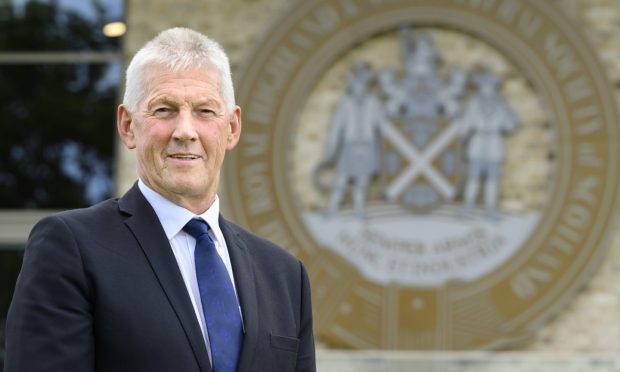
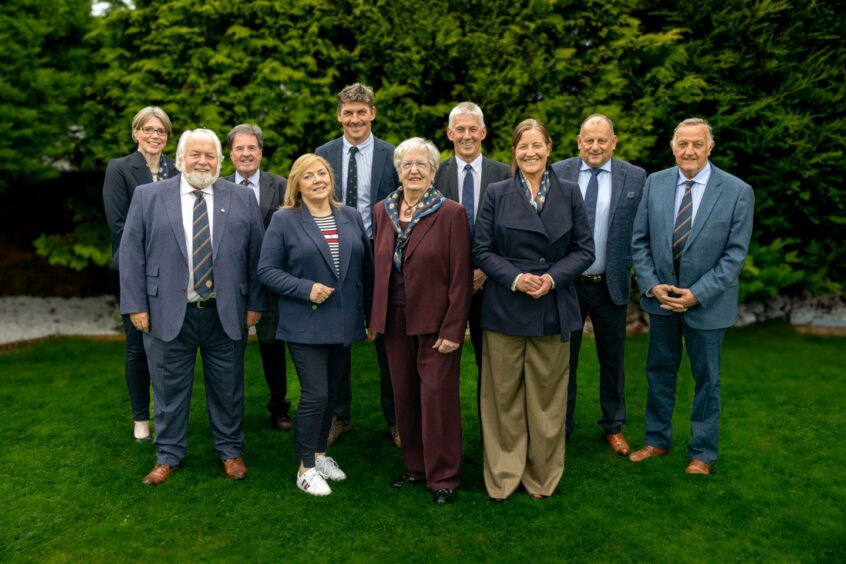
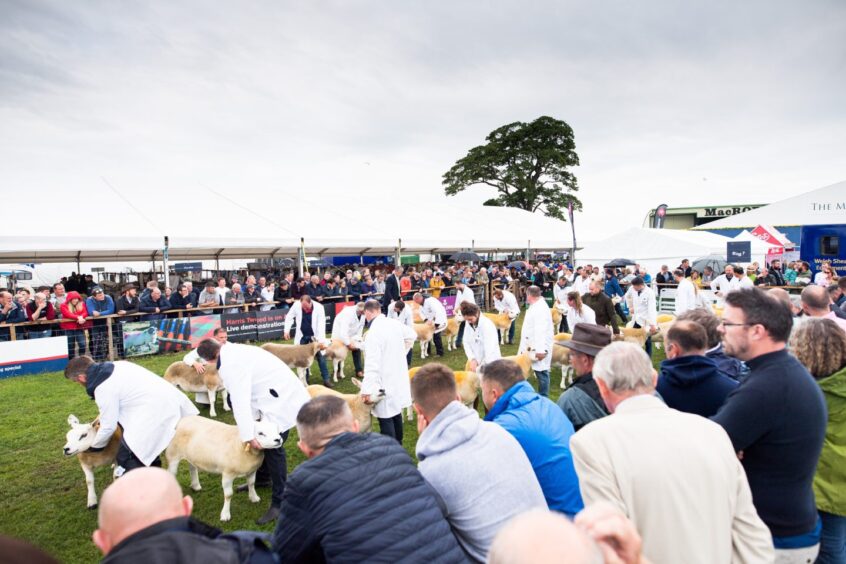
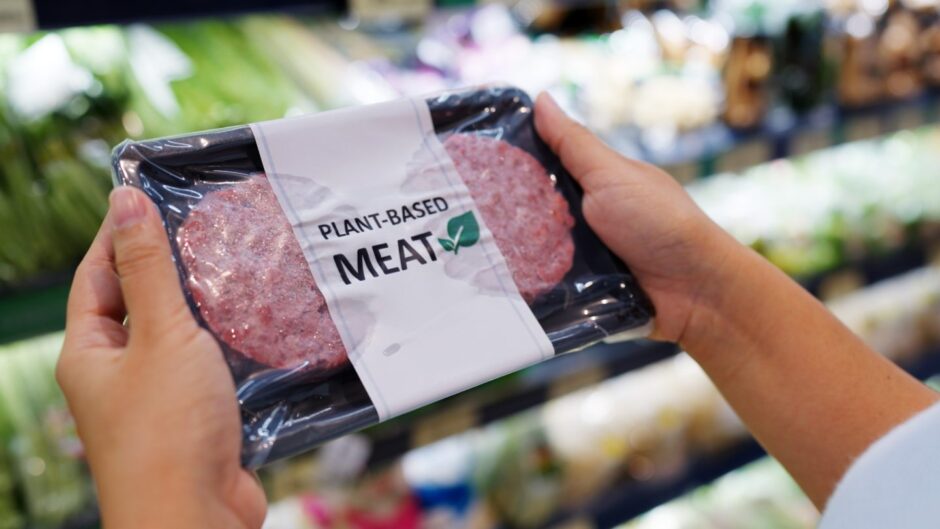
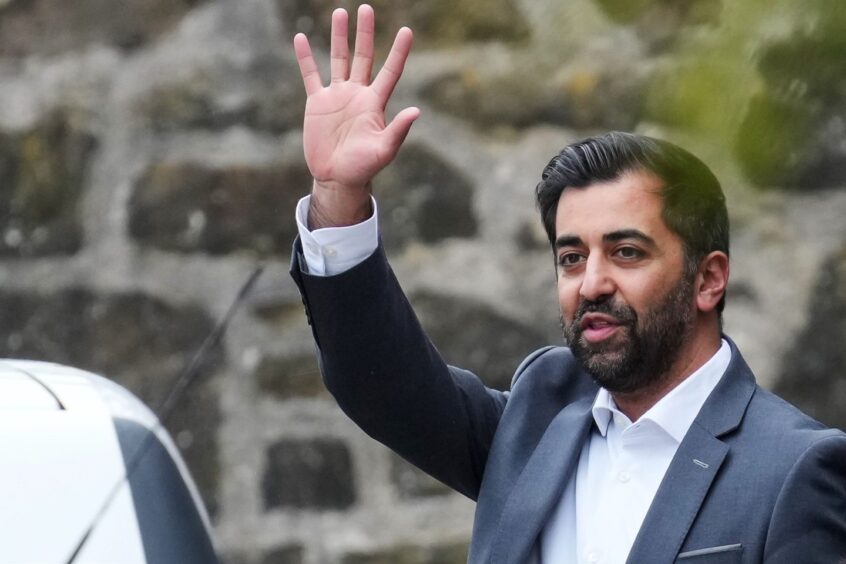
Conversation